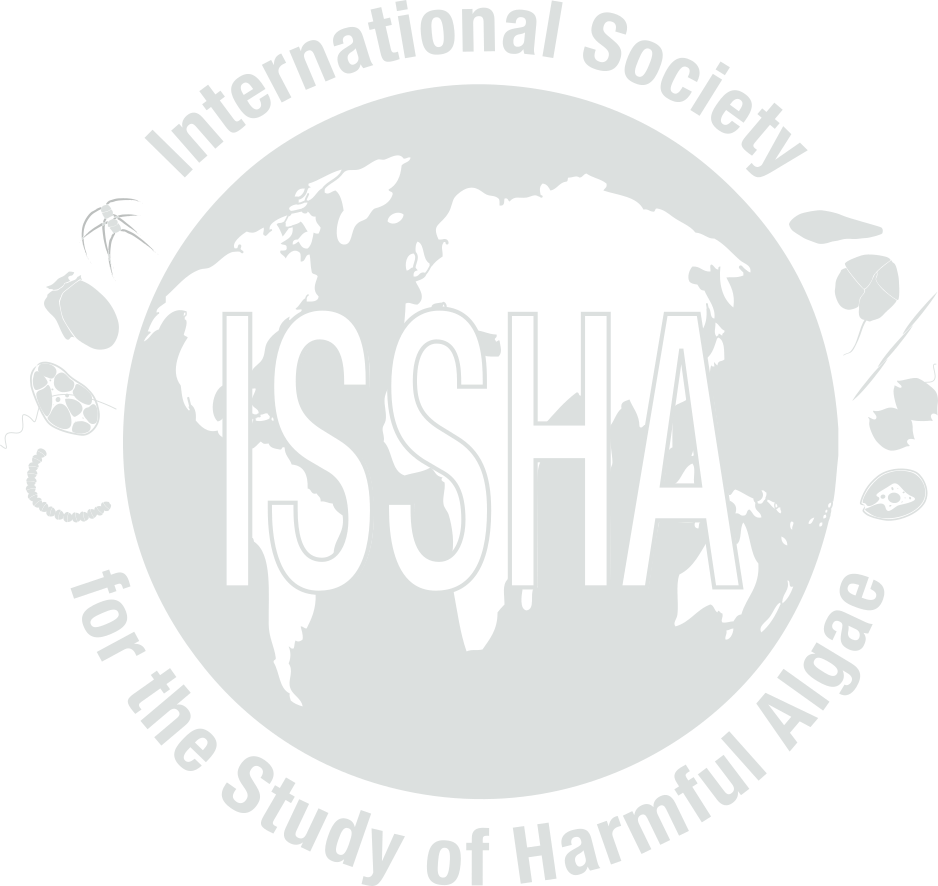


| Event name: | US-89-002 | |
| Country: | UNITED STATES | |
|
Nature of the harmful event: |
Seafood toxins | |
|
Event directly affected: |
Shellfish | |
| Toxicity detected: | Yes | |
| Associated syndrome: | PSP | |
| Unexplained toxicity: | No | |
| Species implicated in toxin transmission (transvector): | ||
| Report the outcome of a monitoring programme: | Yes | |
| Event occurred before in this location: | Yes (Annual event in most years since Sep. 1972, usually in May/June, but may also occur later in summer and early autumn. Outbreaks in Maine prior to 1972. Offshore blooms appear to develop later in the summer. Las two years (1988, 1989) have been intense with possible spreading to more southern offshore waters. First reported occurrence of PSP toxicity on Georges bank.) | |
| Individuals to contact: | ANDERSON, Donald M. | |
| Location: | Latitude: , Longitude: | |
| General location information: |
, Maine, New Hampshire, Massachusetts. HAB Area code(s): US-01 US-02 US-03 US-04 US-06 |
|
| Additional location information: | In Massachusetts: North and South Shores. Southern extent: east antrance of Cape Cod. Offshore extent: unknown, but offshore toxicity reported on Georges Bank and as far south as Nantucket Sholas. | |
| Bloom event dates (yyyy/mm/dd): | ||
| Quarantine levels dates (yyyy/mm/dd): | ||
| Additional date-related information: | Mid-May to the end of July. | |
| Causative organism known: | Yes | |
| Causative Species/Genus: |
Alexandrium fundyense
(200 - 5,00 cells/L)
Nearshore |
|
| Co-Ocurring Species/Genus: | ||
| Chlorophyll concentration, if known: | µg/l | |
| Additional bloom information: | Offshore unknown, bu presemubly A. fundyense which may have been advected in nearshore waters from the north or grew in situ. | |
| Event-related bibliography: | ||
|
||||||||||||||||||||||||||
| Nutrient information: |
NITRATE + NITRITE:
< 1µg atom N/L
|
|||||||||||||||||||||||||
| Temperature Range During Event: | Max: °C, Min: °C | |||||||||||||||||||||||||
| Salinity Range During Event: | Max: 30, Min: 23 | |||||||||||||||||||||||||
| Bloom location in the water column: | ||||||||||||||||||||||||||
| Growth: |
Advected
In situ |
|||||||||||||||||||||||||
| Growth Comments | Source: most lokely Maine; cells were advected alongshore to the south into Massachusetts waters, carried by the predominately counterclockwise currents in the Gulf of Maine during spring. In situ growth may be occurred during transport. Offshore cell sou | |||||||||||||||||||||||||
| Additional Environmental information: | Temp: 6-7 ºC at bloom initiation, 9-11 ºC 1 month later during the peak bloom. Salinity front along the coast associated with freshwater plume. Water vertical structure: Stratification, cell preferred sigma t=24.5. | |||||||||||||||||||||||||
|
|||||||
| Kit used: | Type of kit used: | ||||||
| Additional information: | |||||||
| Economic losses: | |||||||
| Management decision: | Nearshore shellfish bed closures (>80 µg toxin/100g) for several species in three states. Independent decission at the state level. Offshore surf clam industry closed by emergengy powers granted to National Marine Fisheries Service from the Mid-Atlantic | ||||||
| Additional harmful effect information: | Toxin detected in Mya arenaria, Mytilus edulis and other species. Highes ever recorded in Massachusetts. Toxin detected in surf clams and scallop viscera on Georges bank No known human or marine mammal illness, however, contaminated shellfish may be rea | ||||||
